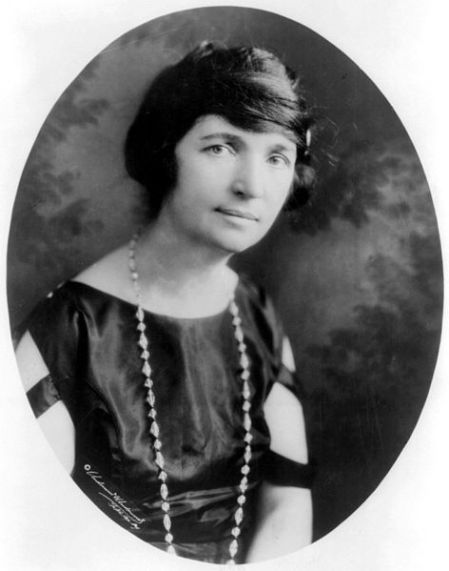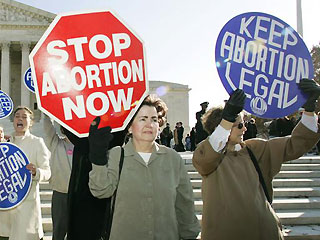So we are gearing up for another exciting and heated campaign season, and there is no doubt in my mind that Planned Parenthood will play a role, whether as lighting rod or as a supporter of a candidate. Before he “suspended” his campaign, Herman Cain made the organization part of his campaign strategy (if he in fact, had one).
Responding to these false attacks constitutes a major part of Julie Mickelberry’s job, but she deals on a regional level. I talked to Julie Mickelberry, Director of Public Affairs for Planned Parenthood Gulf Coast, about her perceptions of the current state of the organization in these challenging times. We discussed the current political atmosphere, locally and nationally, and the 24/7 media that she must navigate. She also offered advice for young women interested in politics.
The media affects women’s reproductive rights and views of sexuality in two major ways: changing sexual norms and the ability of advances in media technology to hamper or to aid the reproductive rights movement.
Commentators and scholars claim that the negative influences of the media sexualize and demean girls at younger and younger ages. Sexist imagery and advertisements not only intensifies girls’ body issues, but also contributes to girls developing poor self esteem and unhealthy views of sex. In 2007 the American Psychological Association released a revealing, and disheartening study, Report of the Task Force on the Sexualization of Girls,on the negative effects of the overly sexualized and objectified portrayal of women in the media on young girls. The task force stated that across all forms of media (video games, newspapers, magazines, TVs, etc.) advertisements and programs sexualize and objectify women much more often than men. Psychologists contend that these portrayals have a variety of negative effects on young girls who are developing their own sense of self. One of these facets is how it affects girls’ sexuality and views of sex. The authors of the report claim that when girls “self-objectify” their sexual health decreases on several factors including a lack of sexual assertiveness (i.e. an ability to say no and insistence on condom use). Idealized and unrealistic images of women in the media may lead to girls developing low self-images which can be directly connected to a lack of sexual assertiveness.
Below is the trailer of Cover Girl Culture which looks into the way the fashion industry feeds into girls’ low self-esteem:
Julie Mickelberry says that the explosion of social media sites such as Facebook and Twitter has its benefits and detriments. She claim that the net gain of social media is positive because it allows Planned Parenthood to reach out to and stay in contact with supporters. The House Republican effort to defund Planned Parenthood this past session tested the organization’s tech savvy as it relied heavily on sites such as Twitter and Facebook to educate the population about what the organization’s record. Advances in media is a two-side sword as anti-choice activists utilize these new technologies to attack Planned Parenthood, and the organization finds itself fighting back to set the record straight using these same sources.
Julie discussed in length the current political atmosphere and its effect on women’s health. In 2008 President Obama’s electoral victory along with a majority in the House and Senate let hope ripple through the women’s reproductive rights movement for the opportunity to be pro-active rather than reactive. She mentioned a few legislative victories including the repeal of the Global Gag Rule and the Affordable Care Act (with a few major flaws- my words not hers). The 2010 midterm elections rewrote the landscape for reproductive rights and required Planned Parenthood and other like-minded organizations to play defensive once again. This past session in D.C. saw attempts to defund Planned Parenthood and repeal Title X funding. This trend plays out even more dramatically in the states. Despite Mississippi resoundingly recently rejecting Personhood to their state Constitution, a Democrat and Republican in Georgia proposed their own Personhood law in the Georgia State House and Senate.
The most important lesson here for college graduates looking to enter the realm of politics and/or the media, is to realize what you’re getting into. Ms Mickelberry offered some wise advice:
“Be prepared for a fast-paced work environment that is rewarding and at times stressful. Volunteer for a political campaign; this will give you a glimpse into the political world and illustrates the importance of messaging and building relationships with key stakeholders.”














